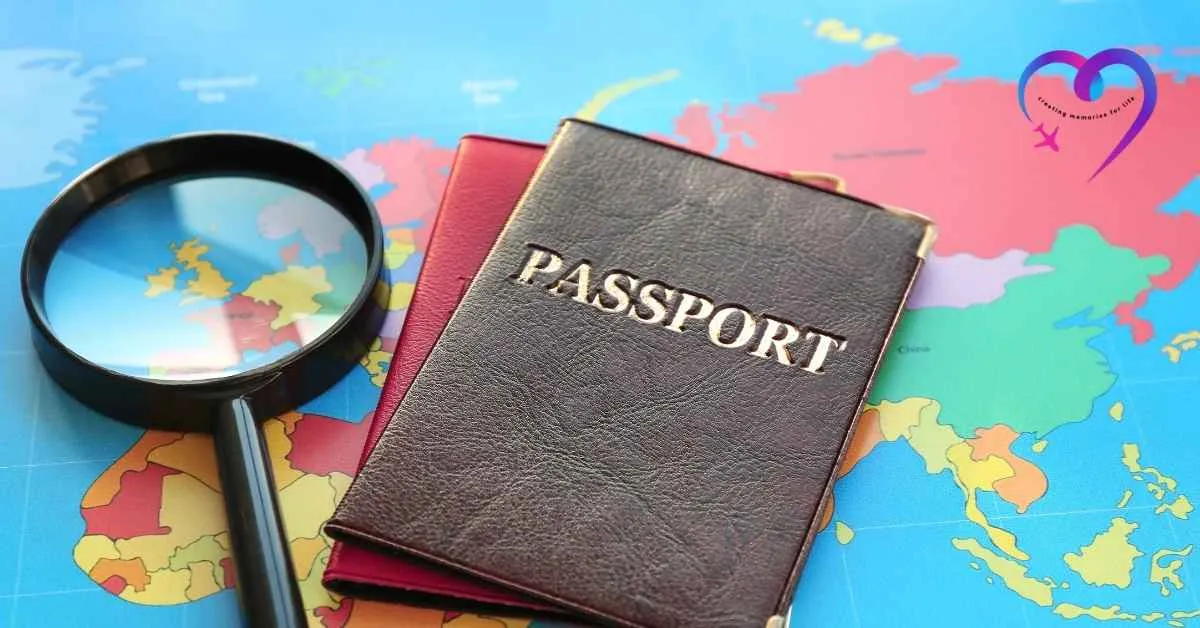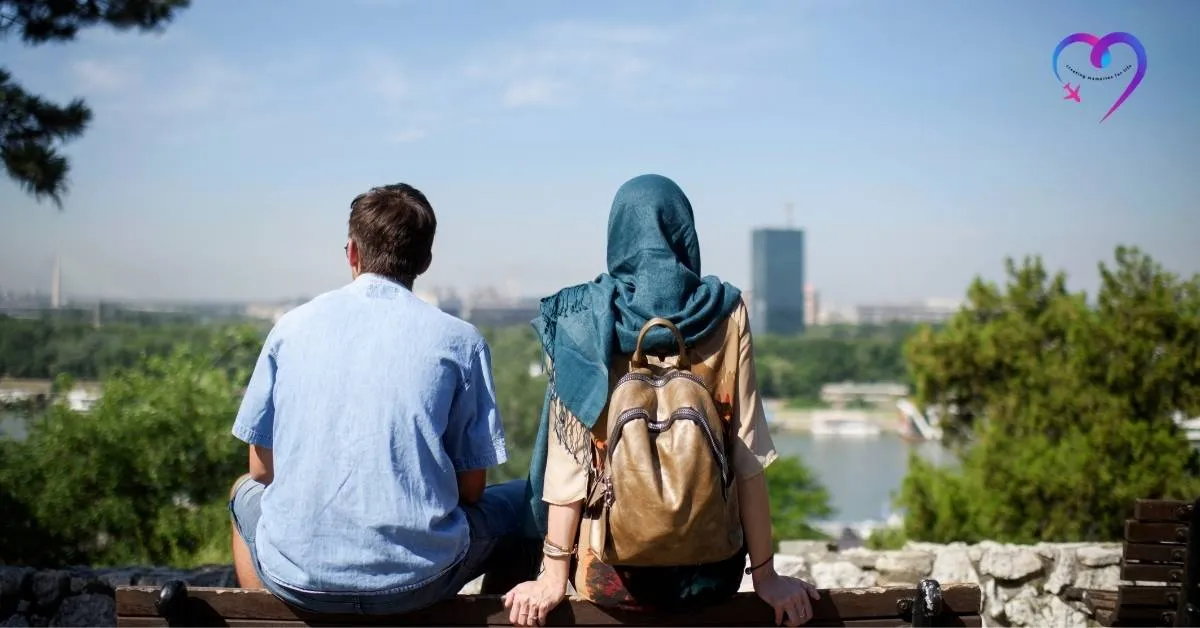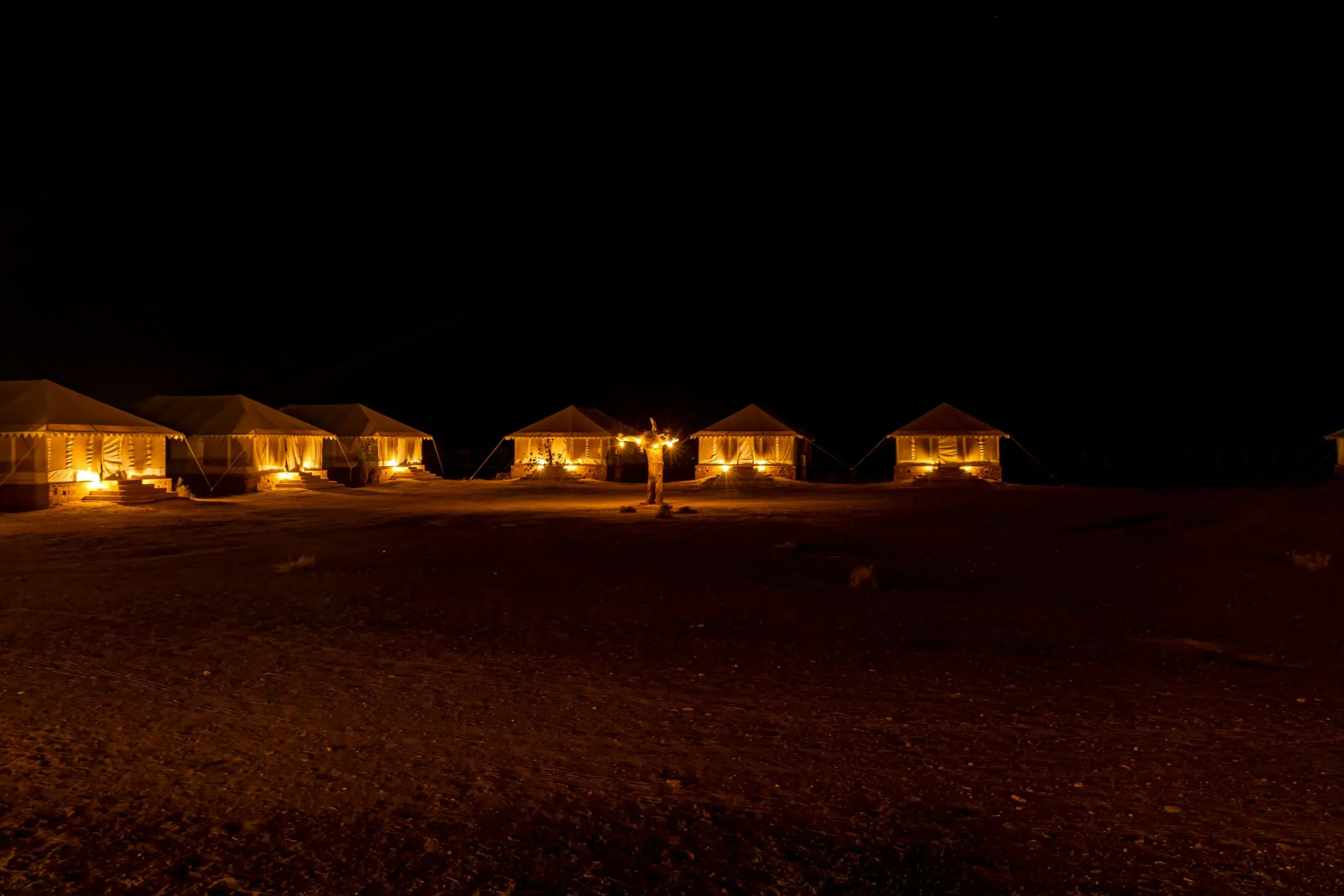The United States is a diverse and culturally rich country, making it an attractive destination for travelers from all walks of life. By understanding the local customs and being culturally aware, Muslim travelers can navigate the U.S. easily and respectably. This guide offers practical tips to ensure smooth, respectful, and enjoyable travels.
1. Understand the Local Culture
The United States is home to people of various ethnicities, religions, and traditions. While most Americans are open-minded and welcoming, it’s essential to understand the cultural nuances:
- Individualism: Americans highly value individual freedoms and personal choices. Respecting personal space and boundaries is crucial.
- Punctuality: Time is valued in the U.S., so arriving on time for appointments, events, or reservations is appreciated.
- Politeness: Common courtesies, such as “please,” “thank you,” and “excuse me,” are vital to social interactions.
2. Dress Modestly but Comfortably
Muslim travelers may prefer modest clothing that aligns with their faith. The U.S. is generally accepting of various dress styles, so wearing hijabs, abayas, or other modest attire should not be an issue. However, certain settings might require adjustments:
- Hot Climates: In warmer states like California, Florida, or Texas, opt for breathable fabrics to stay comfortable while maintaining modesty.
- Outdoor Activities: If you visit national parks or engage in outdoor activities, ensure you wear modest yet functional attire for hiking or exploring.
Most people are accustomed to seeing diverse clothing styles, so you’re unlikely to face issues related to your attire.
3. Finding Prayer Spaces

While dedicated prayer spaces may not be as common as in Muslim-majority countries, there are several ways to accommodate your prayer needs:
- Mosques and Islamic Centers: Major cities like New York, Chicago, Los Angeles, and Houston have many mosques and Islamic centers. Use apps like Muslim Pro or HalalTrip to locate nearby prayer facilities.
- Universities and Airports: Many universities and international airports in the U.S. have prayer rooms or quiet spaces that can be used for salah.
- Public Spaces: If needed, you can discreetly pray in parks, rest areas, or other quiet locations. Carrying a small prayer mat can be helpful.
4. Halal Food Options
Finding halal food in the U.S. has become increasingly easier due to the growing Muslim population. Here’s how to ensure you can maintain halal dietary practices:
- Research Beforehand: Use apps like Zabihah to find halal restaurants and grocery stores in your area.
- Vegetarian or Seafood Options: When halal food is not available, vegetarian or seafood dishes can serve as an alternative. Verify that the dishes don’t include alcohol or non-halal ingredients.
- Ask Questions: Don’t hesitate to ask restaurant staff about the preparation of food. Many places are accommodating and happy to provide information.
5. Interacting with Locals
Americans are generally friendly and approachable. Here are a few tips for respectful and meaningful interactions:
- Be Open-Minded: You may encounter people who are unfamiliar with Islam. Use these moments as opportunities for positive engagement.
- Avoid Sensitive Topics: Politics, religion, and personal income are topics that are best approached cautiously.
- Smile and Make Eye Contact: These are seen as signs of friendliness and confidence in American culture.
If someone asks you about your faith or practices, approach the conversation with patience and understanding.
6. Observing Public Holidays and Events
The U.S. celebrates several public holidays, some of which might coincide with your visit. Being aware of these holidays can help you plan better:
- Christmas and Thanksgiving: These are major holidays, and many businesses may close or have limited hours.
- Fourth of July (Independence Day): A time for fireworks and celebrations. Be prepared for crowded public spaces.
- Eid Celebrations: Many Muslim communities in the U.S. organize public Eid prayers and celebrations. Joining these can be a great way to connect with locals.
7. Use Public Transport and Ride-Sharing Apps
Navigating cities in the U.S. is convenient with public transport and ride-sharing services. However, there are a few etiquette points to keep in mind:
- Public Transport: Offer your seat to the elderly, pregnant individuals, or those with disabilities. Avoid loud phone conversations.
- Ride-Sharing: Services like Uber and Lyft are widely used. Greeting the driver politely and leaving a tip (typically 10-15% of the fare) is customary.
8. Be Mindful of Alcohol-Free Preferences
In social settings, it’s common for alcohol to be served, especially at events or gatherings. Here’s how to navigate these situations:
- Decline Politely: If offered alcohol, a simple “No, thank you” is sufficient. Most people will respect your preference.
- BYO (Bring Your Own): At some gatherings, bringing your beverage is acceptable. Consider carrying non-alcoholic options like sparkling water or juices.
9. Respecting Diverse Beliefs
While the U.S. is diverse, you may encounter differing beliefs and practices. Respecting others’ choices fosters positive interactions:
- Be Inclusive: Avoid making assumptions about people’s faiths or cultural backgrounds.
- Practice Patience: If faced with misunderstandings or stereotypes, respond calmly and educate when appropriate.
10. Tipping Culture in the U.S.
Tipping is a standard practice in the U.S., and it’s essential to budget for it:
- Restaurants: Tips usually range from 15-20% of the bill.
- Hotels: During your stay at Muslim-friendly hotels, tip housekeeping staff $2-$5 per day.
- Other Services: For taxis, ride-shares, or tour guides, tips of 10-15% are common.
11. Emergency Preparedness
In case of emergencies, it’s helpful to know:
- Dial 911: This is the national emergency number for police, fire, and medical assistance.
- Carry Identification: Always have a form of ID and contact details for your accommodation.
- Travel Insurance: Ensure you have coverage for medical emergencies, cancellations, or other unexpected events.
Conclusion
Traveling to the U.S. as a Muslim can be a fulfilling experience when approached with preparation and cultural awareness. By respecting local customs, practicing patience, and embracing the diversity around you, your journey will be enriched with meaningful interactions and memorable moments.




